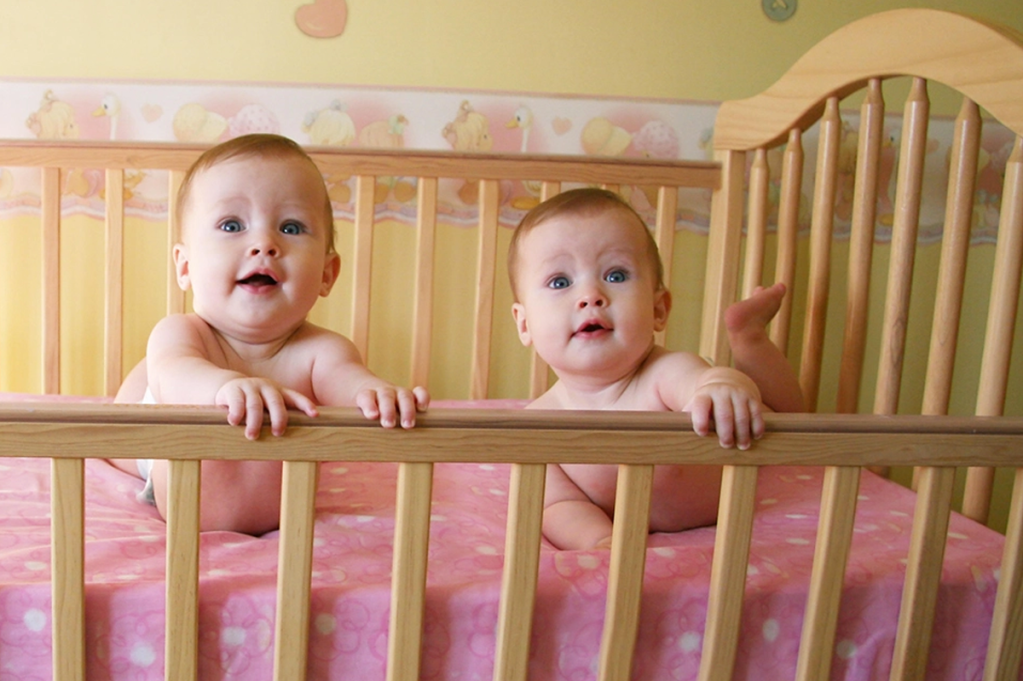“We look at the world once, in childhood. The rest is memory,” is how Louise Glück closes her poem “Nostos.” The same sentiment guides Marigold and Rose, the latest book by the 2020 Nobel Prize winner and the poet’s first to be deemed “a fiction.”
Marigold and Rose are babies — infant twin girls in the first year of their lives. They are also stand-ins for Glück’s own young granddaughters, not to mention for the author herself, in this piercing book in miniature that feels as if the former US Poet Laureate is mining her own preternatural memories to explore who she is.
“I want experience to mean something,” Glück has said, apparently even if that experience is lying in a cot leafing through an A-Z primer, which is where we meet Marigold, the younger twin. She is a writer — or would be if she knew any actual words and wasn’t a baby. Rose, in contrast, is a social being. “But we have inner lives, Rose thought.”
Marigold is anxious to be done with babyhood and hungers for knowledge, frustrated that the twins can’t ask questions. “They had to take what they could pick up, like pigeons in the public park.” Things happen to them, problematic things, like their grandmother going to heaven, and worse:
It was also around this time that Mother began to talk about going back to work. She told Father that she wanted to contribute to the household. If you asked the twins (no one did) they would say that Mother contributed by being Mother. Father explained that to Mother this was different because mothers didn’t get paid and apparently people who got paid contributed and people who didn’t get paid were no help at all. The twins saw right through this.
Marigold in particular watches everything. “I will put that in my book, Marigold thought, when things did not go well for her,” writes Glück, who has amassed thirteen volumes of poetry and two collections of essays doing exactly that since her first book, Firstborn, came out in 1968. Both babies are beset by insecurities, which seems unfair and yet makes perfect sense when you consider how fraught infants appear to find life. Each sister frets that the other is better: more perfect, more resourceful.
This slim book, which alternates between Marigold and Rose’s third-person perspectives, may be light on action, ending as it does at the babies’ first birthday, but it is heavy on ideas. The twins’ musings take in everything from the futility of existence to the purpose of memory, perennial themes for writers from Elizabeth Strout to Annie Ernaux:
It seemed to Marigold that you remembered things because they changed. You didn’t need to remember what was right in front of you. And the twins were still too little to have much behind. But Marigold wanted to be prepared for change, which meant you had to learn to remember before you needed to remember.
As any parent who has dabbled with writing letters from their young child knows, an infant’s voice is hard to pull off. In lesser hands Marigold and Rose could feel mawkish. But Glück, at seventy-nine, hasn’t won most of the major literary prizes out there to mess this up. It’s an affecting, alluring book. As soon as I’d finished I read it again.
This article was originally published in The Spectator’s UK magazine. Subscribe to the World edition here.

























